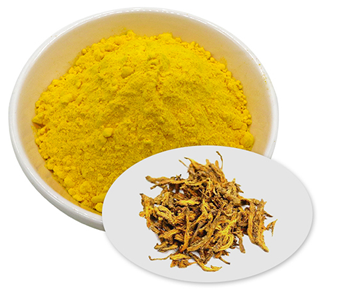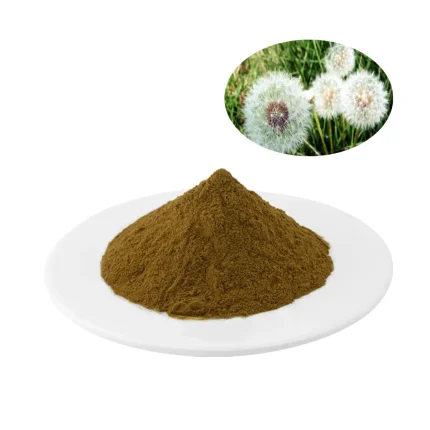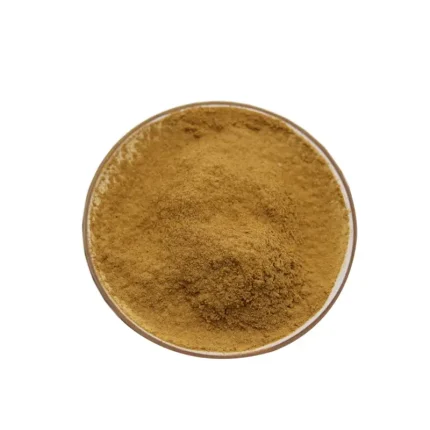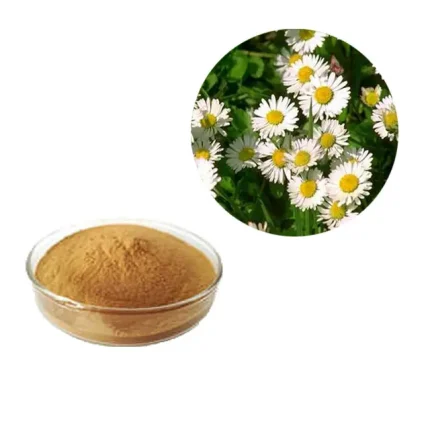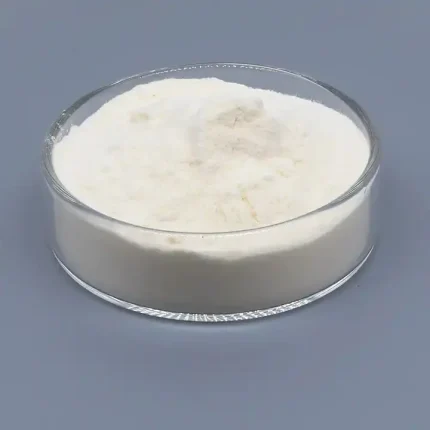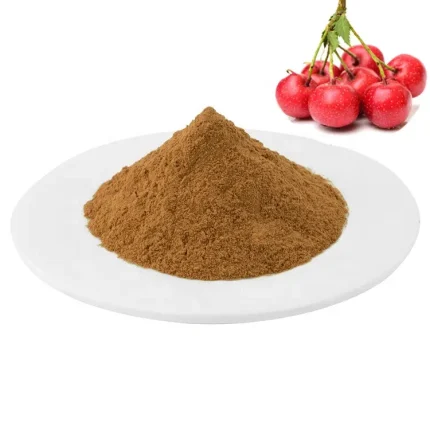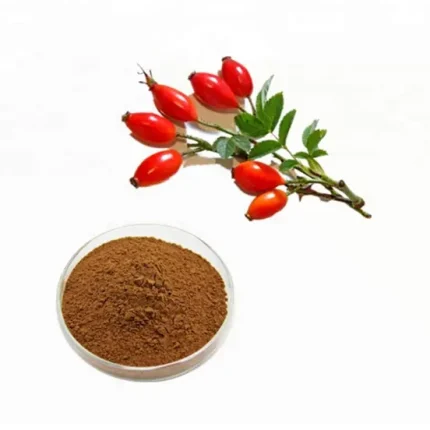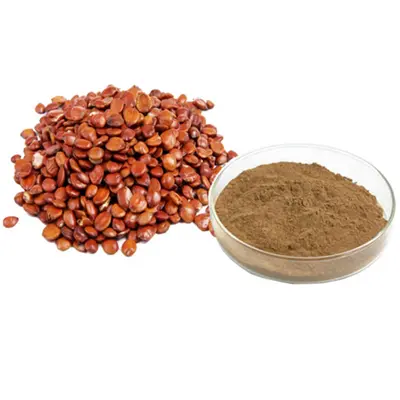Berberine Hydrochloride is a plant extract with a wide range of health benefits, primarily used for its antimicrobial, anti-inflammatory, and blood sugar and lipid-regulating properties. It effectively combats various pathogens such as Shigella and Streptococcus pneumoniae and is commonly used to treat gastrointestinal infections. Berberine has also been shown to help lower blood sugar, improve the health of diabetes and hyperlipidemia patients, and possesses antioxidant and anticancer potential. Additionally, Berberine supports cardiovascular health, aids digestion, and helps alleviate diarrhea, making it a versatile health supplement.
Product Specifications
| Product Name | Berberine Hydrochloride |
| Latin Name | Coptis chinensis Franch |
| Active Ingredient | Berberine Hydrochloride 97% |
| Test Method | HPLC (High-Performance Liquid Chromatography) |
| Appearance | Yellow Powder |
| Part Used | Root, bark, or stem (depending on the plant source) |
| Packaging Details | 25KG/Drum |
| Shelf Life | 3 Years |
Product Advantages
- High Purity: With a purity of 97%-98%, Berberine Hydrochloride offers consistent quality for various applications, especially in pharmaceuticals and nutraceuticals.
- Proven Efficacy: Berberine has a long history of use in traditional medicine and is known for its powerful antimicrobial, anti-inflammatory, and antioxidant properties.
- Versatile Application: Suitable for use in a wide range of health products, including dietary supplements, herbal medicines, and cosmetics.
- Low Toxicity: When used correctly, Berberine Hydrochloride has a favorable safety profile with few reported side effects.
- Support for Health & Wellness: Berberine is renowned for its benefits in managing metabolic health, such as blood sugar regulation, cholesterol levels, and cardiovascular health.
Applications
- Anti-bacterial & Anti-microbial: Berberine is effective in treating bacterial infections, including dysentery, gastrointestinal diseases, and skin infections. It has shown efficacy against pathogens like Shigella, Salmonella, Escherichia coli, and Mycobacterium tuberculosis.
- Metabolic Health: Berberine has been extensively studied for its role in blood sugar regulation and insulin sensitivity, making it useful in managing conditions like Type 2 Diabetes and metabolic syndrome.
- Cardiovascular Health: Berberine is known to support heart health by reducing blood pressure, cholesterol levels, and by improving blood flow through its vasodilation properties.
- Weight Management: As a metabolic regulator, Berberine can assist in fat burning and weight loss, often used as a supplement in weight management protocols.
- Digestive Health: Commonly used for gut health, Berberine promotes digestive balance and has shown promise in alleviating conditions like irritable bowel syndrome (IBS) and gastrointestinal infections.
- Skin Care: Berberine’s anti-inflammatory and antimicrobial properties also make it useful in cosmetic products, especially in treating acne and skin inflammation.

